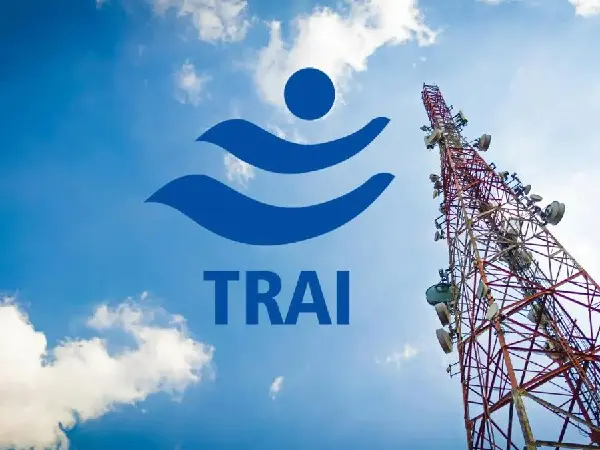DelhiDesk The concept of fractional ownership involves multiple investors pooling their funds to invest in an asset that would have been unaffordable for a single investor. In India, fractional ownership is practiced in real estate, but it can also be applied to other investment assets. For example, global stocks can be listed on Indian exchanges in the form of a negotiable financial instrument, and mutual fund schemes allow investors to purchase units of ownership in a pool of investments. Non-fungible tokens (NFTs) also work on the concept of fractional ownership. The formalization of this concept could be introduced as a product by exchanges like NSE and BSE, making it available to all investors and increasing the availability of investment avenues.
Follow DelhiBreakings on Google News
Here is the news bullets sorted by DelhiBreakings.com team.
– Fractional ownership is when multiple investors pool funds to invest in an asset that would otherwise be unaffordable for a single investor
– This concept is practiced in real estate in India, but can also be applied to other investment assets such as stocks and bonds
– Global stocks listed on NSE IFSC at GIFT City can be bought through IFSC receipts, representing a fractional ownership of one stock
– Mutual fund schemes sell units of ownership in a pool of investments, allowing investors to buy a fraction of an index
– Non-fungible tokens (NFTs) also work on the concept of fractional ownership
– Formalizing fractional ownership in mainstream investments can benefit retail investors with smaller ticket sizes
– Exchanges like NSE and BSE can offer receipts representing fractional ownership of stocks and bonds with prices beyond a certain threshold
– Trades will happen at the exchange platform and benefits like dividends or interest will be distributed proportionately or built into the traded price of the receipt
For superfast news and Delhi Breaking Stories visti us daily at https://delhibreakings.com





